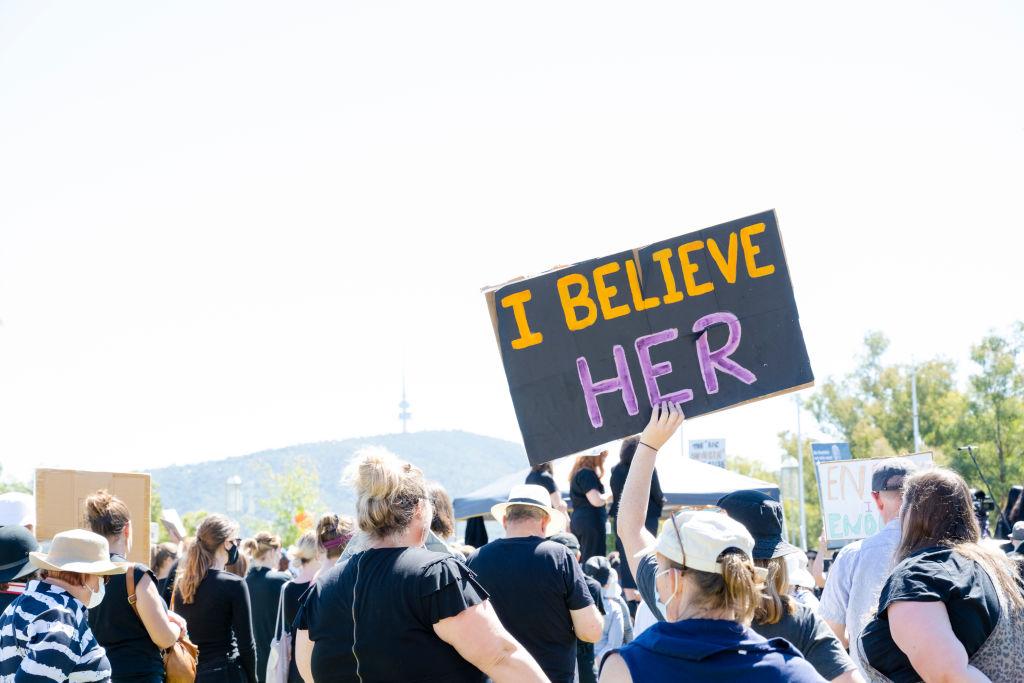Commentary
Scotland is currently pushing ahead of Australia in the feminist drive to see more men behind bars but no doubt we will catch up soon.

Scotland is currently pushing ahead of Australia in the feminist drive to see more men behind bars but no doubt we will catch up soon.